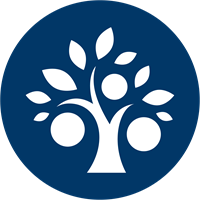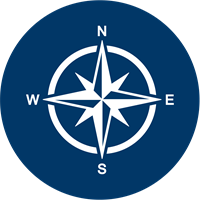During the development of the most recent SOT Strategic Plan, members voiced a clear need: event descriptions should accurately reflect the type of career development being offered. The term “mentoring,” for instance, has often been used to describe a wide range of activities—some of which don’t involve the kind of sustained, guiding relationship that true mentoring entails.
To address this, SOT Council tasked the SOT Career Advancement, Mentoring, and Networking (CAMAN) Committee with defining three key terms—mentoring, networking, and career advancement—and promoting clearer labeling across events. The goal? To help organizers choose the right descriptors and empower members to select experiences that best match their professional goals.
You’ll begin to see these terms and their corresponding symbols used to label webinars, SOT Annual Meeting sessions, and other career-related activities. Committees and Component Groups are encouraged to review the descriptions below and select the appropriate wording for descriptions and in promotion of your activities. Those seeking career development activities can assess their goals and select experiences accordingly. A flyer with these descriptors is available in the ToXchange Reference Files.
Career Advancement

Career Advancement is a lifelong process of managing learning, leisure, work, and transitions to move toward a personally determined and evolving preferred future. It involves the continuous acquisition and refinement of skills, knowledge, awareness, and experiences that help individuals progress in their careers. Career advancement encompasses a wide range of activities and processes, including:
- Self-Assessment: Understanding one’s interests, values, skills, and preferences to make informed career decisions and regularly assessing one’s performance and seeking feedback to identify areas for improvement and growth.
- Goal Setting and Career Planning: Defining short-term and long-term career objectives and developing a strategic plan that outlines the steps needed to achieve those goals, including identifying potential occupational paths and opportunities. This also includes actively seeking new job opportunities, promotions, or changes that align with one’s professional goals.
Mentoring

Mentoring is an enduring relationship in which two individuals can mutually benefit from each other’s skills, experience, and knowledge. The mentor provides advice, support, and feedback to help the mentee develop their skills, knowledge, and confidence and can benefit by improving their leadership skills, new insights on a topic area, and create a legacy in the field of toxicology. The mentee is the individual seeking or benefiting from guidance, support, and skill development. This relationship is often long-term and focuses on the personal and professional growth of the mentee. Key characteristics of mentoring include:
Networking

Networking is the process of establishing and maintaining a web of professional relationships. The goal of networking is to create a support system of contacts who can provide information, advice, and opportunities. Networking is more about mutual benefit and exchange of information rather than a one-way guidance relationship. Key characteristics of networking include:
#Communique:SOTNews
#Mentoring
#Career Development